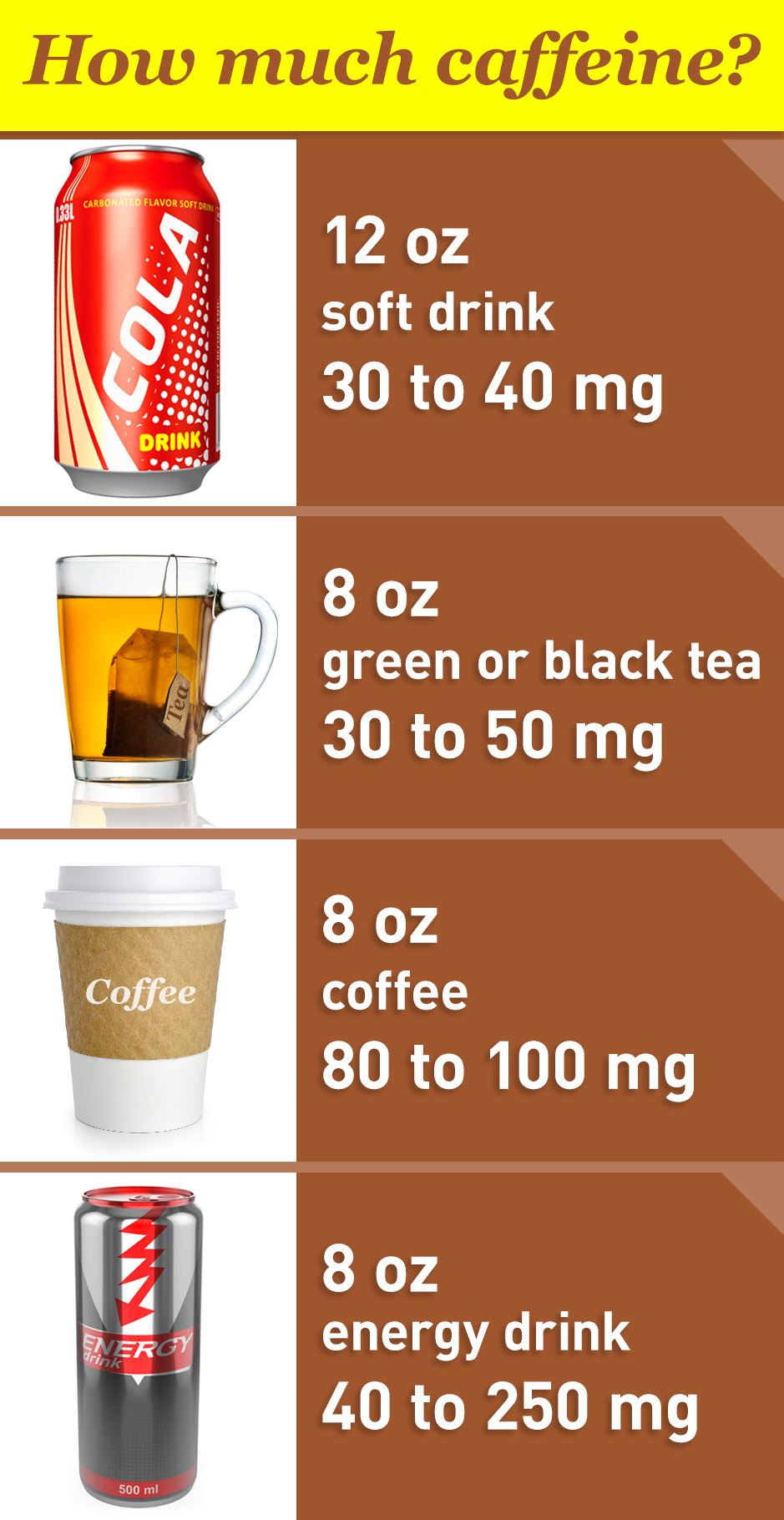How Many Mgs Of Caffeine In Coffee
How Many Mgs Of Caffeine In Coffee - Let's talk about everyone's favorite beverage: coffee. Whether it's that morning cup of joe to give you that extra pep in your step or a mid-afternoon pick-me-up to get you through the workday, coffee is a staple in many of our lives. But have you ever wondered how much caffeine is actually in that cup?
How Much Caffeine Is Too Much?
There's No One Answer
When it comes to caffeine, everyone's tolerance is different. Some people can drink multiple cups of coffee a day and feel no effects, while others may need to limit their intake to avoid jitters, anxiety, or trouble sleeping. It's important to listen to your body and pay attention to how it reacts to caffeine.

How Much Caffeine Is In A Cup Of Coffee?
It Depends On The Type
Not all coffee is created equal when it comes to caffeine content. A standard 8-ounce cup of brewed coffee typically contains around 95 milligrams of caffeine, while a single shot of espresso contains around 63 milligrams. However, factors such as roast level, brewing method, and the type of bean used can all affect the caffeine content of a cup of coffee.

Tips For Managing Your Caffeine Intake
1. Pay Attention To Serving Size
A standard serving size for coffee is considered to be 8 ounces. If you're drinking larger cups, keep in mind that you're likely consuming more caffeine than you might realize.
2. Experiment With Decaf
Decaffeinated coffee still contains trace amounts of caffeine, but significantly less than regular coffee. If you're looking to cut down on your caffeine intake, try switching out some of your regular coffee for decaf.
3. Consider Alternative Beverages
If you're looking for a caffeine-free alternative to coffee, there are plenty of options out there, such as herbal tea or decaf coffee alternatives like chicory root or carob.
4. Watch Your Timing
For most people, consuming caffeine in the afternoon or evening can interfere with sleep. If you have trouble falling asleep, try cutting off your caffeine intake earlier in the day.
Final Thoughts
While coffee certainly has its benefits, it's important to be aware of how much caffeine you're consuming and how it affects your body. By paying attention to serving sizes and experimenting with alternatives, you can find a balance that works for you.
Read more articles about How Many Mgs Of Caffeine In Coffee
Post a Comment for "How Many Mgs Of Caffeine In Coffee"